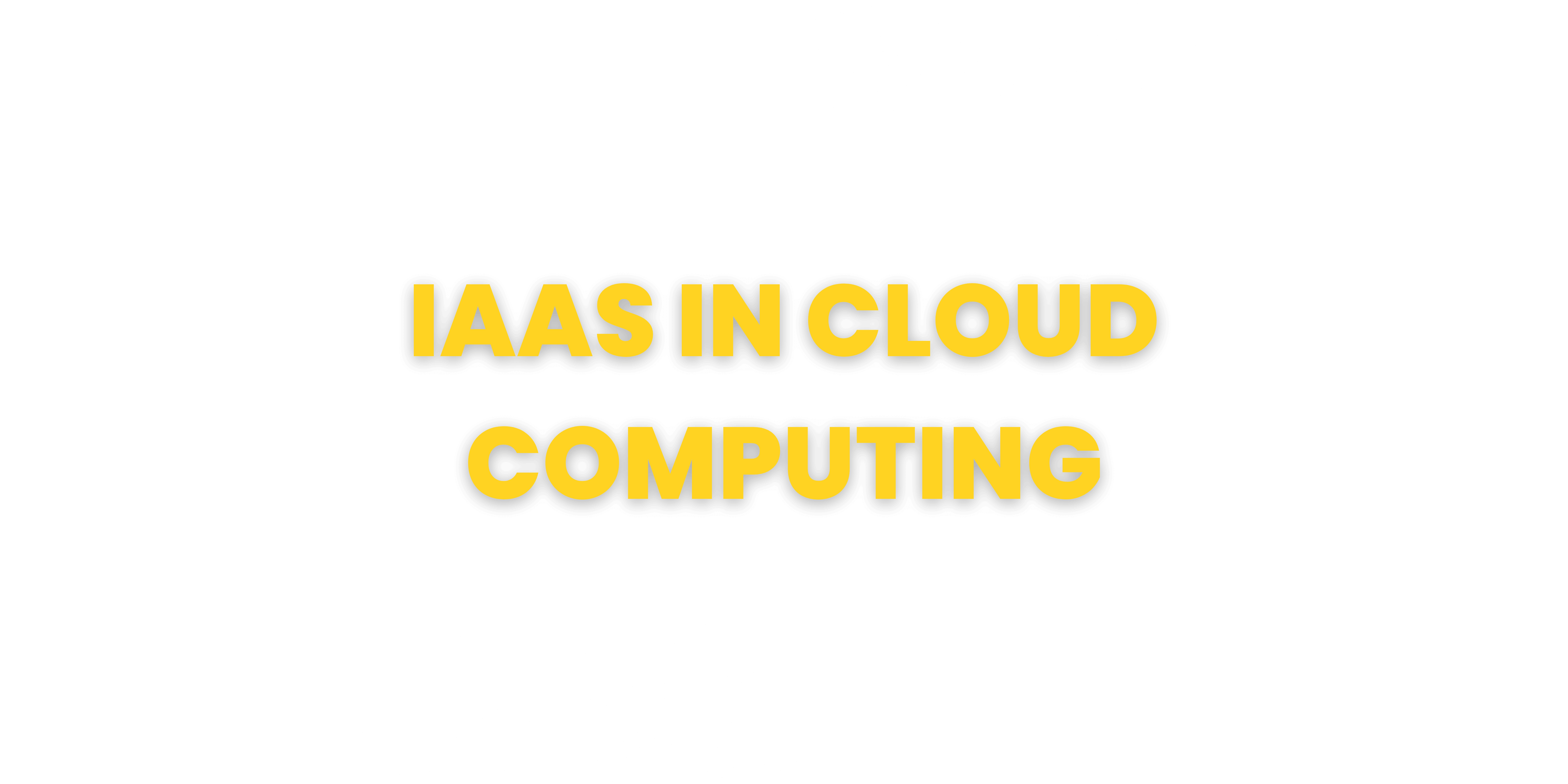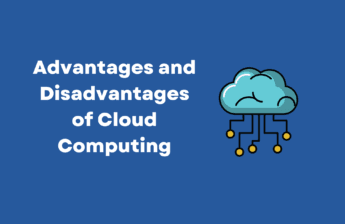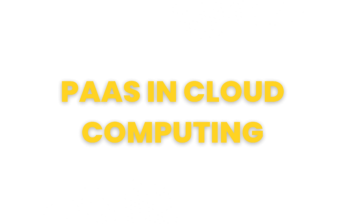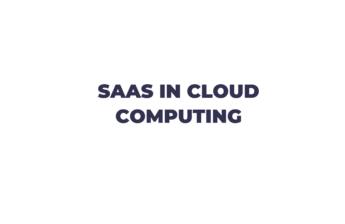As more and more businesses migrate to the cloud, the terms IaaS, PaaS, and SaaS have become increasingly common. In this article, we will explore IaaS, one of the fundamental pillars of cloud computing, what it is, how it works, and its examples.
What is IaaS?
IaaS, or Infrastructure as a Service, is a cloud computing model in which businesses can rent virtualized computing resources, such as servers, storage, and network infrastructure, from a cloud provider. IaaS offers a scalable and flexible alternative to traditional on-premises infrastructure, allowing businesses to reduce capital expenditures and only pay for what they use.
In an IaaS model, the cloud provider manages the physical infrastructure, including servers, storage devices, and networking equipment. The customer, on the other hand, is responsible for managing the operating system, middleware, and applications that run on the virtualized infrastructure.
How does IaaS work?
To use IaaS, a business must first select a cloud provider that offers IaaS services. The provider typically offers a web-based dashboard or API that allows customers to provision and manage their virtualized infrastructure resources. Customers can create virtual servers, storage volumes, and network configurations using the provider’s self-service portal.
Once the resources are provisioned, the customer can install and configure the operating system, middleware, and applications on the virtual servers. The customer is responsible for managing and maintaining these resources, including patching, monitoring, and scaling.
IaaS providers typically offer a range of pricing models, including pay-as-you-go, reserved instances, and spot instances. Pay-as-you-go is a flexible pricing model that charges customers only for the resources they consume. Reserved instances offer a discounted rate in exchange for a commitment to use the resources for a specified period. Spot instances allow customers to bid on unused compute capacity, potentially reducing costs but with no guaranteed availability.
Examples of IaaS
Some of the most popular IaaS providers in the market today include Amazon Web Services (AWS), Microsoft Azure, Google Cloud Platform, and IBM Cloud. These providers offer a range of IaaS services, including virtual servers, storage, networking, and security.
Let’s take a closer look at two examples of IaaS:
Amazon Web Services (AWS)
AWS is one of the leading IaaS providers in the market today, offering a broad range of services, including compute, storage, database, networking, and security. AWS allows customers to provision virtual servers, known as EC2 instances, in a matter of minutes, choosing from a range of instance types, operating systems, and storage options.

AWS also offers a range of storage options, including block storage, object storage, and file storage. Amazon S3, for example, is a popular object storage service that allows customers to store and retrieve large amounts of data.
Microsoft Azure
Microsoft Azure is another popular IaaS provider, offering a range of services, including virtual machines, storage, networking, and security. Azure allows customers to provision virtual machines in a matter of minutes, choosing from a range of instance types, operating systems, and storage options.

Azure also offers a range of storage options, including block storage, object storage, and file storage. Azure Blob Storage, for example, is a popular object storage service that allows customers to store and retrieve large amounts of data.

Conclusion
IaaS is a fundamental pillar of cloud computing, providing businesses with a scalable and flexible alternative to traditional on-premises infrastructure. With IaaS, businesses can rent virtualized computing resources from a cloud provider, reducing capital expenditures and only paying for what they use. Some of the most popular IaaS providers in the market today include Amazon Web Services (AWS), Microsoft Azure, Google Cloud Platform, and IBM Cloud, offering a range of virtual servers






